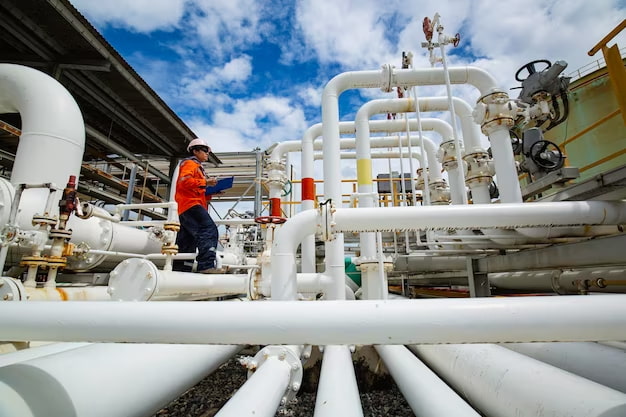Pipeline Integrity Management System (PIMS)
Pipelines are assets that transport hazardous materials such as gas, oil, and other inflammable substances at high pressures through public routes. In case of a rupture, these pipelines pose a threat to public areas and the environment, causing pollution and ignition hazards. Moreover, pipelines are susceptible to external damages and breakages caused by third parties. Like all pressure equipment carrying hazardous materials, pipelines are regularly inspected, assessed, and authorized for use periodically. However, in line with a new perspective prevailing globally in recent years, pipeline operators are required to continuously prove and document the sustained health and integrity of their pipelines and other equipment. They are also compelled to assess operational risks of their existing equipment and measure preventive action indices to mitigate the consequences of their failure. Based on this, pipeline operators are urged to establish a comprehensive Pipeline Integrity Management System (PIMS). This program goes far beyond a series of individual inspection, maintenance, and repair tools, software, or programs. PIMS is a management program that encompasses engineering, operational, inspection, repair and maintenance, environmental safety and health, and organizational communication topics.
Types of Pipeline Threats to be Managed:
- External Corrosion
- Internal Corrosion
- Stress Corrosion Cracking (SCC)
- Manufacturing Defects
- Welding and Assembly Defects
- Ancillary Equipment Defects such as washers, valves, etc.
- Mechanical Damages caused by third parties
- Improper Operation-related Defects
- Environmental Defects such as weather and ground movements.
TES Canada's Integrated Pipeline Management Program aims to assist pipeline operators in the maintenance and operation of safe and reliable pipelines. This program ensures the continuous operation of these pipelines and is based on the latest rules and standards such as ASME B31.8S, API1160, ASME B31.G, NACE SP0502, NACE SP208, NACE SP0110, NACE RP0204.

Our Implementation Method:
TES Canada, with a team of specialists in process, mechanics, materials, corrosion, and technical inspection, establishes and implements the Pipeline Integrity Management System (PIMS). The activities are carried out through the following stages in a comprehensive software format for the esteemed clients:
- 1. First Phase - Pre-Assessment:
- Data Collection
- Review of all gathered information for accuracy and reliability
- Identification and categorization of pipeline scopes
- Visual inspections
- Identification and categorization of pipeline scopes
- Planning and conducting direct inspections using DCVG, CIPS, Current attenuation, PCM, LRUT
- Preparation of initial reports.
- 2. Second Phase - Indirect Inspections:
- Summarizing findings and final reviews.
- 3. Third Phase - Summaries and Final Reviews:
- Implementation of indirect inspections.
- 4. Fourth Phase - Final Assessment:
- Determining the size of remaining defects
- Determining the actual corrosion rate
- Performing calculations and providing remaining life
- Determining future inspection intervals and assessing the effectiveness of internal and external direct inspections (ECDA/ICDA).
Scope of Application:
- All transmission pipelines.